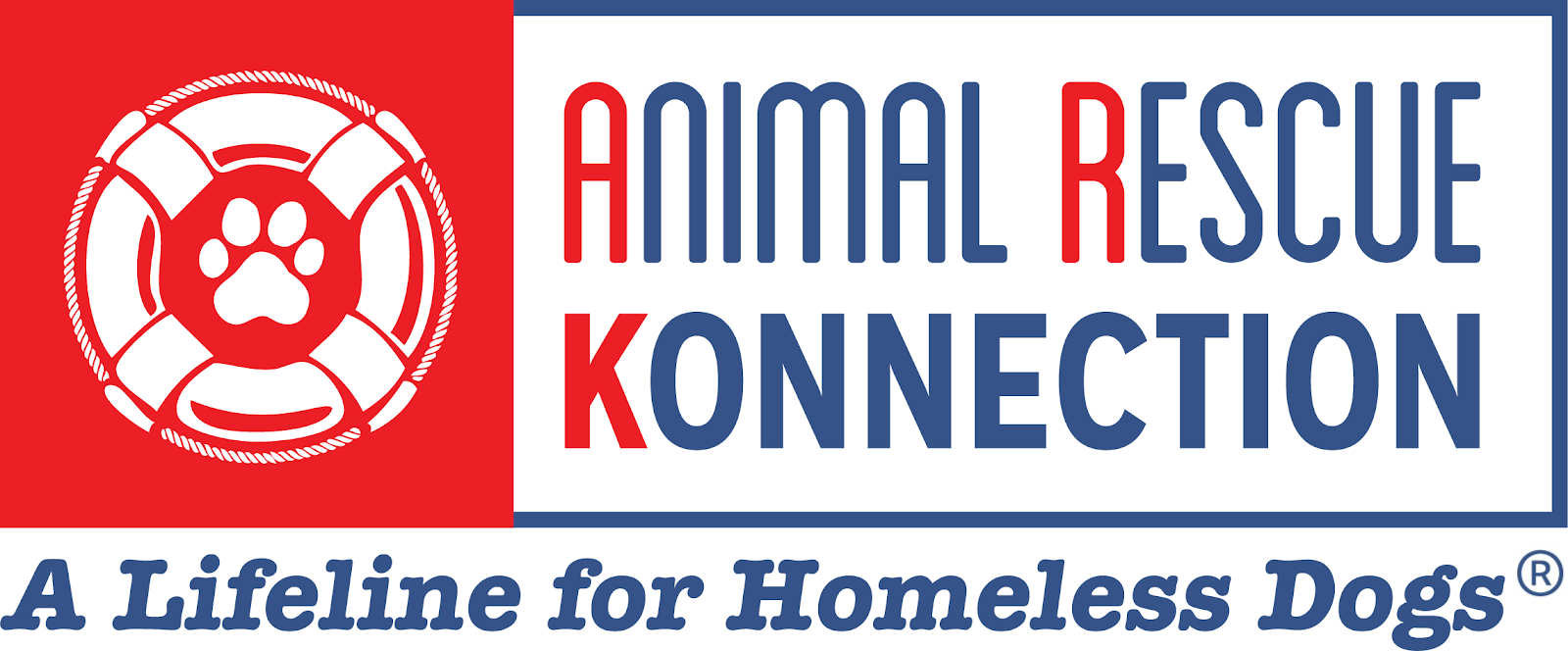Shelter Dogs and Behavioral Health

When shelters or rescues obtain a dog with physical injuries or ailments, they almost always intervene medically if needed. These steps make the dog feel so much better and increases his chances for adoption.
Case in point: Recently ARK helped a stray chihuahua who was very sweet, but quite elderly. “N” was assessed by a vet who found several health issues, but determined his age and heart made him a poor candidate for surgery. Was he euthanized? No. He was networked until we found a loving foster home to care for him during his final chapter. A hospice visit was paid for and the foster now has information to make “N” as happy and comfortable as possible with plans for a dignified passing.
On the other hand, when a dog is displaying behavioral issues or has a bite history too often little is done to determine cause, circumstance or develop a behavioral modification plan. Dogs are often put on hold. During the hold such dogs will sometimes worsen in a shelter environment, not unlike any other dog. Anxiety, fear, and aggressive behaviors may increase. He is not treated for the behavioral issues and his condition worsens. More time passes and the cycle continues, which reduces his chances for rehabilitation and adoption.
Case in point: Recently ARK was asked to help a chocolate lab who had been in a shelter for months due to aggression. The behavior had escalated to biting. “B” was in perfect physical health, but was never given a behavior modification plan for the staff to follow. We did network “B” and found an experienced foster willing to work with a trainer. But “B” had digressed so much the shelter felt it was too late. Was he euthanized? Yes. His brain was so negatively wired due to a lack of intervention at the onset.
So, here’s our point. As soon as a dog enters a shelter or rescue, he must be treated for not only physical health but also behavioral. A behavior modification plan must be put in place and the staff trained to implement it. If physical health is treated, so should behavioral health. When a shelter can’t manage this, they should transfer the dog to a place that can.
Here’s an analogy to further clarify. People with diabetes are given appropriate treatment to feel better and control their disease. Likewise, people with anxiety are treated to feel better and control their illness. It took a long time, but now mental health is given the attention that physical health receives. In turn, shelters must change outdated policies and treat behavioral symptoms in step with physical symptoms. It’s time to solve both issues sooner, not months later when it’s too late.
What are your thoughts? Let’s have a conversation.
